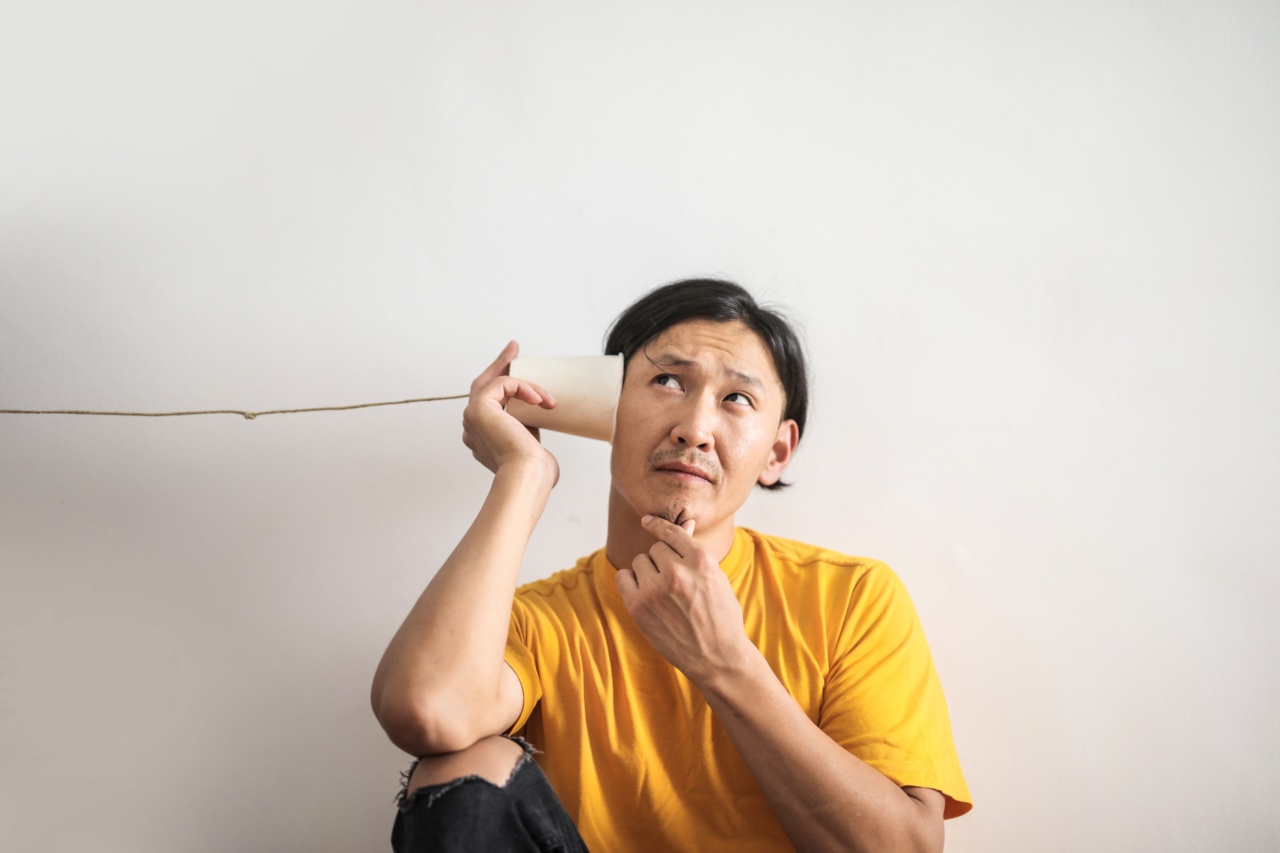Our hair, whether long, short, curly, or straight, plays a significant role in our overall physical appearance.
It serves as a means of self-expression, allowing individuals to experiment with different hairstyles and colors to reflect their personality or current fashion trends. However, have you ever wondered if there is a deeper connection between your hair and your mental mood?.
The Hair-Mood Connection
While it may seem peculiar, some scientific theories suggest that there could be a correlation between hair and emotional states.
Hair, being an integral part of our body, is influenced by various factors, including internal and external conditions like genetics, diet, lifestyle, and environmental stressors. These factors can impact not only the health and appearance of our hair but also potentially affect our mental well-being.
The Science Behind the Theory
Psychologists and neurobiologists have been exploring the potential link between hair and emotions from different angles. One theory suggests that the release of stress hormones, such as cortisol, can affect hair growth cycles and overall hair health.
Chronic stress can disrupt the normal hair growth process, leading to hair loss or thinning, which can, in turn, impact an individual’s self-esteem and mental state.
Another aspect that researchers have looked into is the role of personal grooming and its effect on mental well-being.
Maintaining a well-groomed appearance, including proper hair care, can contribute to an individual’s self-confidence and positive self-perception. A person who feels good about their physical appearance tends to display improved emotional and mental states.
Emotional Expression through Hairstyles
Our choice of hairstyle can also serve as a form of emotional expression. Just like clothing and accessories, hairstyles can reflect our mood or personality.
For example, someone undergoing significant life changes or seeking a fresh start may opt for a drastic haircut or color change as a means of symbolizing transformation or turning a new page. On the other hand, someone feeling adventurous and daring might experiment with bold and unconventional hairstyles to showcase their free-spirited nature.
Moreover, cultural and societal influences play a crucial role in how we perceive certain hairstyles.
Different cultures attach different meanings and associations to specific hairstyles, which can influence how individuals perceive themselves and how they are perceived by others. For instance, someone adhering to a particular cultural or religious tradition may feel a strong connection to their hairstyle as it reflects their identity and sense of belonging.
Hair and Mental Health Disorders
While the link between hair and mental mood extends beyond everyday emotional states, it also pervades into mental health disorders.
Conditions such as trichotillomania, or hair-pulling disorder, involve individuals compulsively pulling out their hair, leading to hair loss and potential psychological distress. Conversely, conditions like alopecia areata, an autoimmune disorder resulting in hair loss, can have a profound impact on an individual’s self-esteem and mental well-being.
Additionally, some studies have explored the connection between hair color and psychopathology.
Although limited, research suggests that individuals with unconventional hair colors, such as bright and vibrant hues, may have higher levels of aggression or impulsivity. However, it is essential to note that these associations are not definitive indicators of mental mood and should be interpreted with caution.
The Influence of Hair and Self-Perception
How we perceive ourselves and how we are perceived by others can significantly affect our mental mood. Hair, being a visible and customizable aspect of our appearance, plays a vital role in this dynamic.
When we are satisfied with our hair, whether it is styling, color, or overall health, it can significantly boost our self-confidence and overall mental well-being.
On the contrary, experiencing hair-related dissatisfaction can lead to negative self-perception, increased stress, and even the development of body dysmorphic disorder.
Individuals who struggle with hair-related concerns often report feeling anxious, withdrawn, or even depressed, illustrating the profound impact hair can have on mental mood.
Caring for Your Hair and Mental Well-Being
While it is important to acknowledge the potential impact of hair on mental mood, it is equally crucial to understand that hair is just one piece of the puzzle.
Mental well-being involves a multitude of factors, including genetic predispositions, past experiences, and current life circumstances. However, taking care of your hair can still be a valuable part of maintaining overall mental health. Here are a few tips:.
1. Establish a Hair Care Routine
Create a consistent routine that includes washing, conditioning, and nourishing your hair. This regular care routine can contribute to a healthier scalp and hair, fostering a sense of self-care and well-being.
2. Experiment with Styles
Try different hairstyles to suit your mood or express your personality. Changing your hair can create a sense of novelty and excitement, boosting your mood and overall mental state.
3. Seek Professional Help
If you are experiencing significant hair-related distress or struggling with any mental health concerns, consider reaching out to professionals such as hairstylists, mental health therapists, or dermatologists.
They can provide guidance and support tailored to your specific needs.
4. Practice Stress Management
While a direct link between stress and hair health is not fully understood, managing stress can have a positive impact on overall well-being.
Engage in stress-reducing activities such as exercise, meditation, or hobbies that bring you joy and relaxation.
5. Embrace Self-Acceptance
Remember that our hair does not define our worth or happiness. Embrace self-acceptance and focus on developing a positive relationship with yourself, independent of external appearances.
Conclusion
In conclusion, the connection between hair and mental mood is complex, multifaceted, and influenced by various individual, social, and cultural factors.
While our hair cannot be considered a foolproof predictor of our mental state, it can undoubtedly impact our self-perception, self-esteem, and overall mental well-being. Taking care of our hair and considering how it aligns with our emotions can be a valuable part of our journey towards maintaining a healthy mind and body.






























